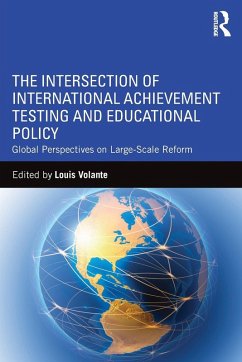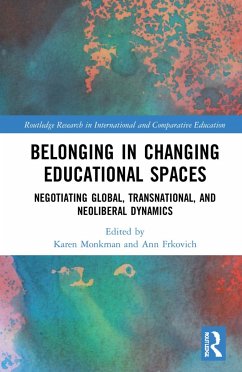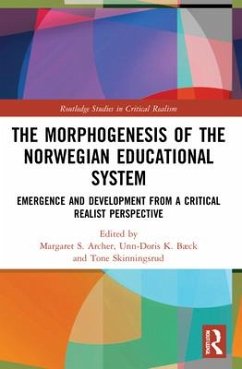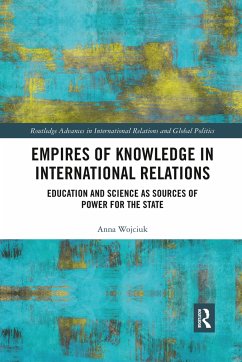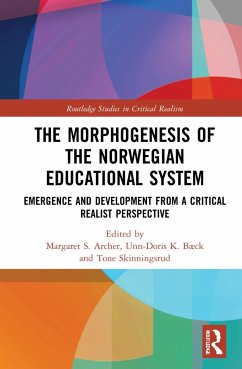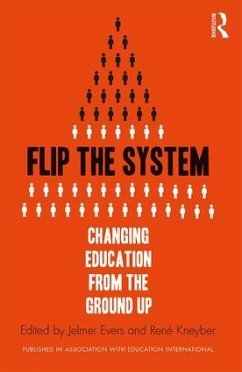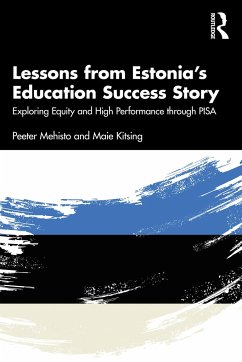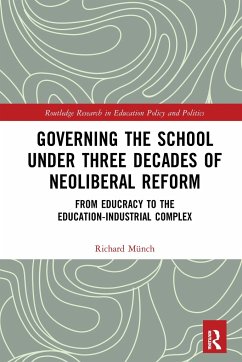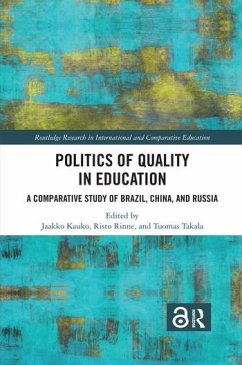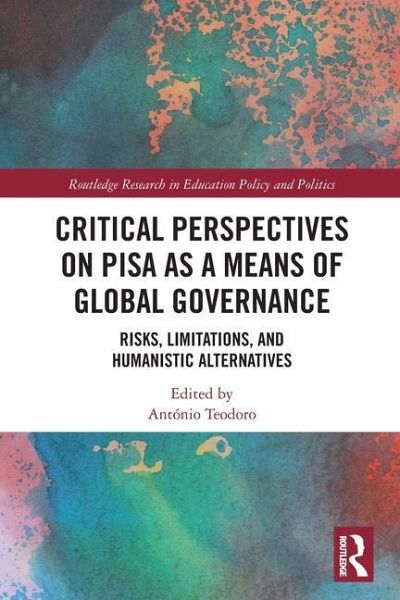
Critical Perspectives on PISA as a Means of Global Governance
Risks, Limitations, and Humanistic Alternatives
Herausgegeben: Teodoro, António
Versandkostenfrei!
Versandfertig in 6-10 Tagen
43,99 €
inkl. MwSt.
Weitere Ausgaben:

PAYBACK Punkte
22 °P sammeln!
This volume offers a critical examination of the Programme for International Students Assessment (PISA), focusing on its origins and implementation, relationship to other international large-scale assessments, and its impacts on educational policy and reform at national and cross-national levels.Using empirical data gathered from a research project carried out by the CeiED at Lusofona University, Lisbon, the text highlights connections between PISA and emergent issues including the international circulation of big science, expertise and policy, and identifies its conceptual and methodological ...
This volume offers a critical examination of the Programme for International Students Assessment (PISA), focusing on its origins and implementation, relationship to other international large-scale assessments, and its impacts on educational policy and reform at national and cross-national levels.
Using empirical data gathered from a research project carried out by the CeiED at Lusofona University, Lisbon, the text highlights connections between PISA and emergent issues including the international circulation of big science, expertise and policy, and identifies its conceptual and methodological limits as a global governance project. The volume ultimately provides a novel framework for understanding how OECD priorities are manifested through a regulatory instrument based on Human and Knowledge Capital Theory, and so makes a powerful case to search for new humanistic approaches.
This text will benefit researchers, academics and educators with an interest in education policy and politics, international and comparative education, and the sociology of education more broadly. Those interested in the history of education will also benefit from this volume.
Using empirical data gathered from a research project carried out by the CeiED at Lusofona University, Lisbon, the text highlights connections between PISA and emergent issues including the international circulation of big science, expertise and policy, and identifies its conceptual and methodological limits as a global governance project. The volume ultimately provides a novel framework for understanding how OECD priorities are manifested through a regulatory instrument based on Human and Knowledge Capital Theory, and so makes a powerful case to search for new humanistic approaches.
This text will benefit researchers, academics and educators with an interest in education policy and politics, international and comparative education, and the sociology of education more broadly. Those interested in the history of education will also benefit from this volume.





